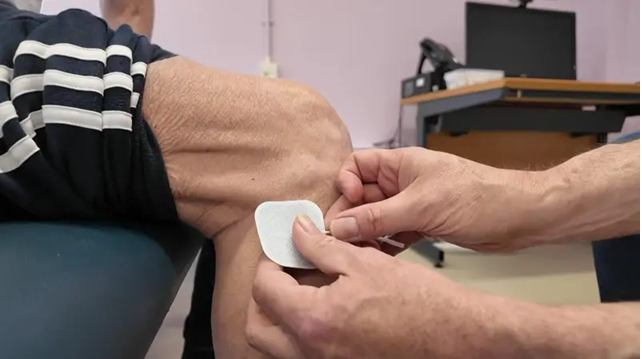Shout or you’ll be without!

Don’t forget your Emergency Card
5th April 2021
Identifying and preparing future Support Group Leaders
5th April 2021Shout or you’ll be without!

Shout or you’ll be without!
Your vocal muscles need exercise, just like any other group of muscles in your body.
Being able to communicate with others is essential to a happy and healthy life. However, Parkinson’s makes all avenues of communication tough.
It affects the volume, tone, rhythm and speed of speech. People living with Parkinson’s will often speak very softly and express less emotion. Measurements show their voices may be as much as 10 decibels lower in volume.
Words can become slurred (dysarthria) or mumbled, and speech may trail off at the ends of sentences. Some people speak with a breathy or hoarse sound and may speak slowly. Some may stammer or stutter while talking rapidly in a pattern known as tachyphemia.
Finding the right words can also be an issue, causing speech to be slower. There may also be difficulties participating in noisy or fast-paced conversations.
Speech disturbances not only lead to communication difficulties; they can also result in social withdrawal, limit participation in enjoyable activities and affect occupational performance.
Exercising your vocal muscles can ensure you minimize the loss and impact that Parkinson’s will have on your ability to communicate.
There are many techniques and programs that can strengthen and target the voice and have been shown to provide lasting changes in vocal ability. These include:
- LSVT Loud – Lee Silverman Voice Therapy
- Parkinson’s Voice Project
- SPEAK OUT
- Voice Aerobics
- Voice Choral Singing Therapy
These programs will improve:
- Voice quality and volume
- Articulation of speech
- Vocal tones
- Ability to be understood.
All the above programs can also assist with the swallowing difficulties (dysphagia), which is common with Parkinson’s. Related issues may include coughing, choking or throat clearing during or after eating or drinking. Some people even experience a sensation after swallowing that food is getting stuck as it goes down.
So, don’t lose your ability to communicate or enjoy your food. Make sure you’re doing your vocal exercises!
For more information about voice exercise programs, make a free call to the Parkinson’s NSW InfoLine on 1800 644 189 and speak with one of our Registered Parkinson’s Nurses.



